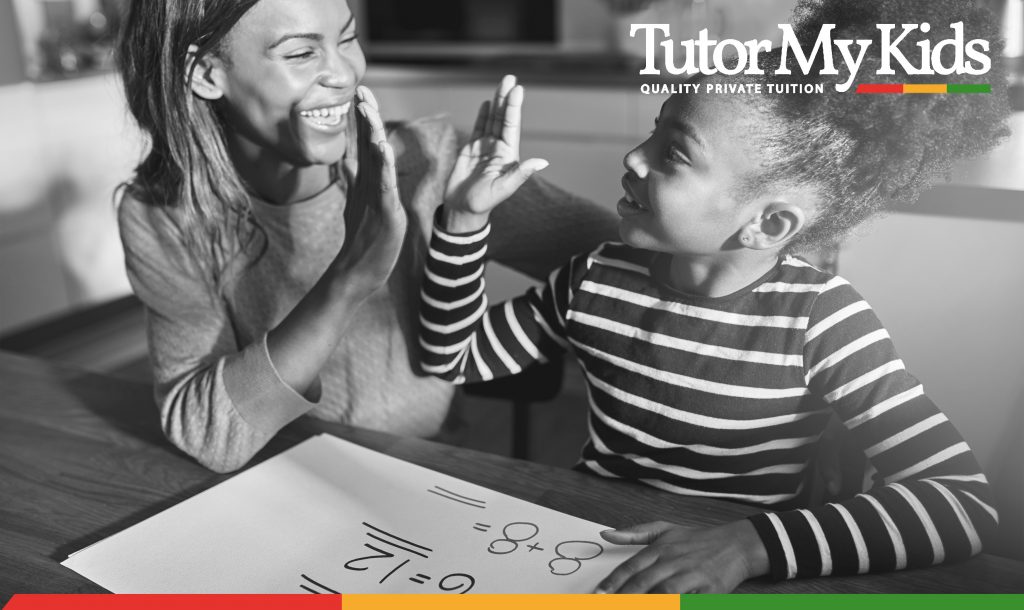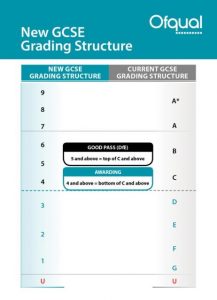
Many students will be affected by the Coronavirus school shutdowns. Looking at the latest information from the government, there will be a small number of year groups (Reception, year 1 and year 6) potentially returning to school after half term in early June. And only the following on secondary students and A level students: “Our ambition is that secondary pupils facing exams next year will get at least some time with their teachers before the holidays.”
Biggest Impacts – Year 10 and year 12
At Tutor My Kids, we’re looking at where we see the biggest impacts on students.
First and foremost, we foresee that the current year 10 and year 12s will be the hardest affected.
For year 10s and year 12s, at the moment they’ve missed almost a third of this academic year (getting close to 1 whole term). When you look at the entire GCSE or A level course of 5 terms, this makes 1/5th or 20% of their entire GCSE or A level courses missed.
Given the amount that has to be covered, it’s hard to ensure that all the topics are covered in a normal school year. We think this will be doubly hard with such a lot of time lost and leave massive gaps in the learning of many year 10s and year 12s.
Many schools are providing some good input for these students, but it’s not quite the same as being in school and not all students are taking advantage of the lessons and resources that are being provided. I think that there is a lack of understanding of this problem with many parents and students.
Year 5s impacted
In the same way the year 5s will be the next largest year group to be affected.
The primary school curriculum is so full that it is also tough to get children to the right level in time for year 6 SATs, especially those who have learning difficulties such as dyslexia.
I was surprised that the government had proposed returning year 6s to school (unless to help ‘babysit’ the reception and year 1 students). The gaps that they have, will (in most cases) be made up in year 7 as they transition into their secondary schools.
It is the year 5s have a greater need, I believe to be back in school, to prepare them for the SATs and prevent gaps in their learning becoming problematic – see Why-maths gaps occur-and-the-problems-they-cause/
I appreciate that students in year 5 have many years to catch up, but in reality, many primary school gaps in spelling, punctuation and basic maths remain uncorrected at secondary school as the curriculum moves rapidly onto secondary topics, with the assumption that these basic topics are secure.
What can you do to help?
First and foremost, regardless of their year group, take advantage of the resources that their schools are offering – be it remote lessons, links to learning, work set. One of our tutors has been putting together some amazing resources. See Mission-to-the-moon/ This is a great multi-subject topic block for primary aged children.
I know this is incredibly difficult for parents who are juggling work, caring for younger children, so do what you can. No one is expecting you to replace 5 hours of teaching each day! However, IF you’re schedule enables it, an hour a day is a massive help. See How-much-difference-can-an-hour-of-one-to-one-tuition-make/
Can you either remotely now, or face to face later, team up with other parents who can help with the maths, whilst you help out their kids with the English?
Get a tutor – either now or after lockdown. We’re quite busy at the moment, helping out students remotely, and anticipate that we’ll be called upon to help out during the summer (hopefully face to face by then) to help fill gaps ahead of the next academic year in September. Take a look at our ‘For Parents’ page for more details – For Parents.
For an informal chat about possible options for tuition – email hello@tutormykids.co.uk to arrange a time to talk.








